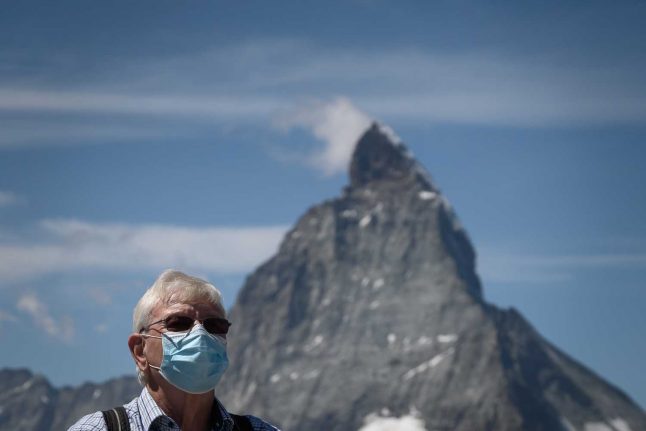From midnight on Thursday, October 22nd, Valais will put in place a range of strict new lockdown requirements.
According to Swiss daily 20 Minutes, these are the toughest lockdown regulations in the country to date.
Pursuant to the rules, bars, nightclubs and brothels will no longer be allowed to open.
‘Entertainment facilities’ will also be forced to close, including cinemas, theatres, museums, libraries, public swimming pools and bathing facilities and bowling alleys.
MAPS: Where are Switzerland's emerging coronavirus hotspots?
Restaurants may stay open only until 10pm each night.
Masks are required in all workplaces at all times.
Public and private events with more than ten people will be banned, the government confirmed on Wednesday.
All sports other than professional sports will be banned, other than individual training. Professional sports will now take place behind closed doors.
All visits to hospitals and nursing homes will be suspended until the end of the lockdown, while schools at the tertiary level will move to distance learning.
On Wednesday, 897 new cases of Covid-19 were recorded in Valais alone – 16 percent of Switzerland’s total cases across the period.
Valais has only four percent of the total Swiss population.



 Please whitelist us to continue reading.
Please whitelist us to continue reading.
Member comments